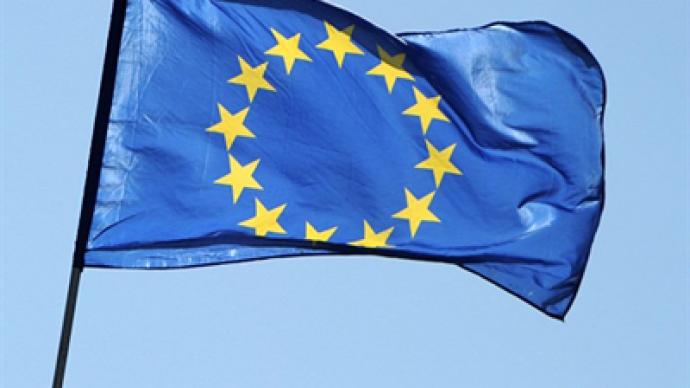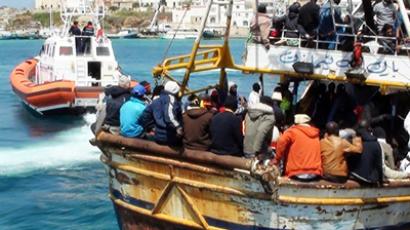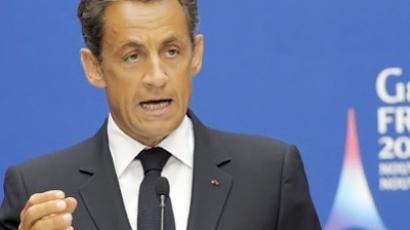EU to ask for UN Security Council seat

European MPs have voted on Wednesday in favor of requesting their own permanent representative at the UN Security Council. The move has been met with condemnation from some EU members, who believe that allowing the union in is a step too far.
Members of the European Parliament have voted in favor of the idea of an EU seat within the council as part of an overhaul of the EU’s common defense, security and foreign policy, European Voice newspaper reported.The move, however, caused some discord among EU member states. The UK said that it would not give up its permanent seat in the council for the sake of a single EU seat.British MEP Charles Tannock, who is also a spokesman on foreign affairs for the European Conservatives and Reformists Group, said that the UK and France should not be forced to drop their seats as part of the reforms.“We would not give up our seat in favor of an EU seat, because at the end of the day the common foreign security policy of the European Union is only when we all agree,” he told RT. “And sometimes we don’t all agree, as was the case over Iraq, and has been the case, regrettably in some ways, over Libya, when the Germans abstained.”“It’s essential, as a defining characteristic of a nation’s foreign policy, to have the ability to speak, when they want to, in their national interest,” Tannock added. “And clearly, the seat in the UN is one of the most important things that we can have as a nuclear power, as a founding member of the Security Council.”
Pieter Cleppe, the head of the Brussels office of the Open Europe think tank, says that some policy differences among member states may unbridgeable.“For the EU to basically try to have a common stance, when they agree, is probably a good idea,” he explained. “The problem is that on many issues member states just don’t agree. Italy and the UK have different interests and different opinions on, for example, how to deal with Libya.”“It’s a great thing to work together when they agree, but if you want to force them to work together at all costs… then you probably are going to have paralysis in the end. So, that’s not a good idea,” Cleppe added.
But if the EU is given a vote at the UN Security Council, in addition to votes held already by Britain and France, it is bound to result in protests from Asian, African and Latin American nations, who would say that Western countries are already overrepresented in the council.There is also the issue of a lack of united position among EU countries on many issues, like the imposing of the no-fly zone over Libya, which was sponsored by the UK and France and met with skepticism by Germany.Earlier this month, on May 3, the European Union as a regional organization received observer status in the UN General Assembly, which means that the EU members may act as one entity in the organization.The observer status will allow EU representatives to bring forward proposals and inform other UN members of the EU opinion on matters discussed. Before that, it was down to representatives of individual countries.However, observer status does not allow the EU to vote in the General Assembly or put forward its candidate for the post of the Secretary General.














